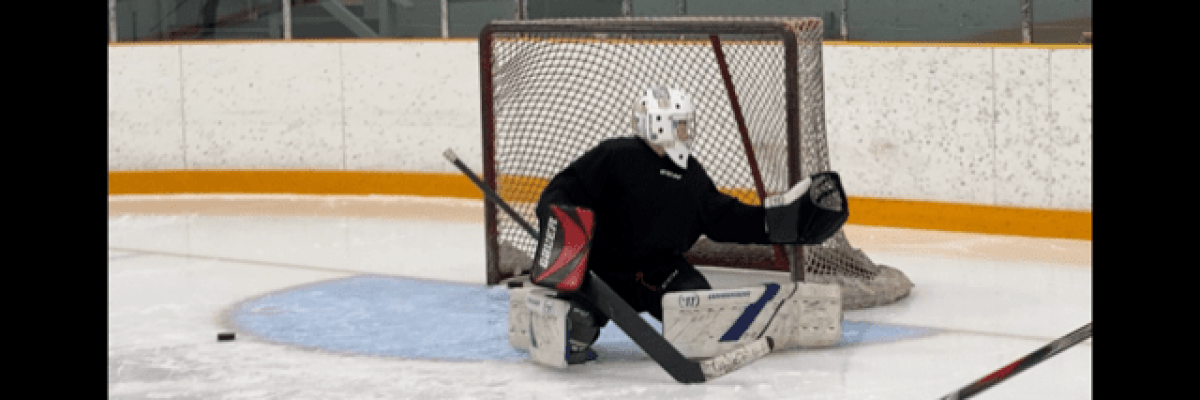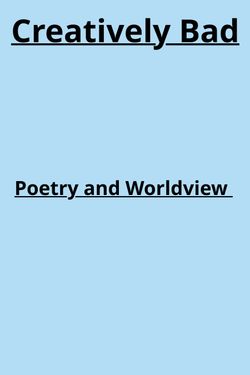Hey there, this is my second summative post in 1 day, its been really busy over at my school but we have finished another project so now I have to write yet another summative post. This post is all about Poetry! In our last project we learned a lot about text poetry and worldview and how all of those three things connect with each other.
Our driving question for this project was “How might I construct text that shows who I am right now?” And to answer this question we created a poetry E-book with 9 poems that we wrote. But before we could write poetry we had to study it.
To learn about poetry we look at different packages of poems and analyzed each not them. We circled metaphors and rhymes and imagery stuff. This was great becasue we needed to learn what poetry was and how poetry is formatted on a page and how it is written to write our own. We also created a list of poetry terms. These terms helped us understand poetry and write our own. Shortly after we studies these poetry terms we had a test on them which I was very successful on. Our hardest question was we had to find and write the theme and mood of a poem we read and that one stumped me for a little bit.
Here is our poetry set of terms:
Set One:
1. Simile: Comparison between two unlike things using like or as
Ex: His hair was like spaghetti.
2. Cliché: An overused expression.
Ex: Life is like a box of chocolates.
3. Rhyme Scheme: The pattern of rhymes in a poem.
Ex: The cat
sat
on the mat.
He was black.
AAAB rhyme scheme
4. Metaphor: Comparison between two unlike things.
Ex: My love is a red, red rose that grows for you.
5. Free Verse: A poem with no regular rhyme or rhythm
Set Two:
6. Haiku: A short three line poem with 5 syllables in the first line, 7 syllables in the second line, and 5 syllables in the last line. It general contains a surprise in the third line.
Ex: Flowers on the desk
Fall suddenly to the floor
Explode into dust.
7. Juxtaposition: Two things being seen or placed close together with contrasting effect.
Ex: flowers and explosion in the haiku above!
8. Found Poem: Poems created by taking words, phrases, and sometimes whole passages from other sources and reframing them as poetry (a literary equivalent of a collage) by making changes in spacing and lines, or by adding or deleting text, thus imparting new meaning.
Ex: Check the poems in set two of the iCloud link! There is also a handout on writing these on the doc “Cheating”.
Set Three:
9. Imagery: Description that appeals to the senses: smell, sight, sound, taste, touch (not just sight!)
Ex: The babbling brook ran gently over the rocks cooling my aching feet as they dangled in it.
There are examples of how to use imagery words on the doc “Painting with Words”
10. Mood: The feeling the poem creates in the reader.
Ex: happy, sad, scared
11. Repetition: Repeated words, phrases, sounds, ideas within a poem to create emphasis or rhythm.
Ex: check out your work on analyzing “Oregon Winter” from the poems in set three of the iCloud link.
12. Alliteration: Repeated consonant sounds, often at the beginning of words.
Ex: Peter Piper picked a peck of pickled peppers.
13. Assonance: Repeated vowel sounds.
Ex: deep green
There are examples of how to use alliteration and assonance on the doc “Painting with Words”
Set Four:
14. Onomatopoeia: Words that sound like what they mean.
Ex: bang, pop, sizzle.
15. Denotation: The literal definition of a word.
Ex: A house is a building in which people live.
16. Connotation: The associated feelings that comes with a word.
EX: A home is a building where YOU live.
Set Five:
17. Theme
Set Six:
18. Personification
To close of the project we had to do a live poetry reading where we were divided up into groups, created poems about a aspect of worldview and a specific type of poem and then read it out on a live zoom session with all of our parents and friends. This was a really fun team event and I’m really glad it is how I ended off my time here at PLP.
Overall this project was really interesting, it seemed very daunting at the start but quickly became interesting and entertaining. Great way to close of the semester. That is for reading!


Be the first to comment on "Poetry Time Summative Post"